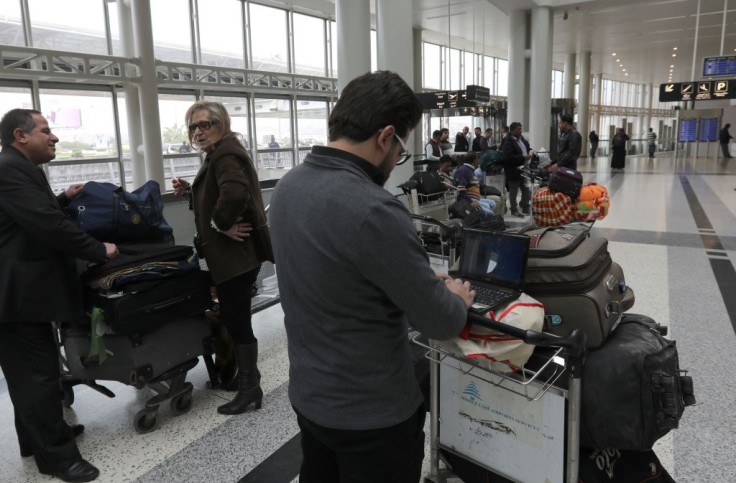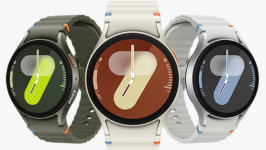
Apparently, public Wi-Fi networks possess serious cybersecurity vulnerabilities in getting hacked.
Cybersecurity in Public Wi-Fi
According to a survey undertaken by a network security Kaspersky, roughly a quarter of all public Wi-Fi hotspots throughout the globe do not use any kind of encryption. It's vital to make sure the WiFi network a user is connecting to is encrypted for data security. Even if a hotspot uses encryption, there are a number of other hazards that can cause hacking or breaching of data.
Due to the nature of wireless Wi-Fi networks, hackers or criminals only need to be close to an access point to listen in on and collect network communications. Access point encryption that is improperly configured or services that allow data to be delivered without encryption represent a major threat to user data.
Cybersecurity in Hotel Wi-Fi
An internet gateway used by numerous hotels to give Wi-Fi connectivity to their visitors is defective to the point that a hostile actor might exfiltrate sensitive and personally identifiable data on them.
According to Tech Radar, Etizaz Mohsin discovered that the Airangel HSMX Gateway contains hardcoded passwords that are very possible to deduce.
Hackers might use these personal data of passwords to gain access to the database that contains all of the information on the people using the network, including the guest's name, room number and email address. It is also possible for attackers to reroute users to other websites.
Threats in Network Security
According to Secure List, an estimated 24.7 percent of Wi-Fi hotspots in the world do not use any encryption at all. This generally means that anyone around an access point may easily collect and record all user communication and later browse it for data they are interested in using a transmitter capable of broadcasting and receiving data at 2.4 GHz.
However, nowadays, transfers of unencrypted data from online banking systems and messengers are already prohibited. Furthermore, this is the only thing that prevents users of Wi-Fi networks with unencrypted traffic from revealing their passwords and other essential data when using an unsecured access point.
Read Also : Elon Musk Tweets Video of Epic Starship Super Heavy Steering Test; Teases Power of Raptor Engine!
For several years, experts in the cybersecurity field have warned the general public about the dangers of connecting with public Wi-Fi connections. Consumers should avoid doing things like paying for services, utilizing social media accounts, or accessing corporate email. Wi-Fi networks in public places include: such as hotels, cafes, libraries, convention centers, and airports.
Users are recommended to utilize a virtual private network (VPN) to be safe when browsing because it hides the user's IP address and encrypts the connection, making online actions virtually untraceable and more secure.
How to Secure Yourself When Using Public Wi-Fi
Some are more effective than others, however, it's important to remember that hackers like to take the shortest path possible. In multiple cases, if a certain user has taken precautions to defend themselves, they'll most likely move on to a less difficult target.
To begin, if users must connect to a public Wi-Fi network with no security measures in place, do not reveal any personal information or log into any sensitive websites. Keep the browsing activities to a bare minimum, don't check personal email or other messaging services, and disconnect from public WiFi as soon as the task that needs attending is done.
Furthermore, in case a consumer needs to access a public network, follow these few steps to help alleviate and assure the security of your own files, as recommended by Good Speed.
Nothing personal should be shared.
Make use of a VPN service.
Make use of two-factor authentication.
Use a mobile hotspot or cellular data.









